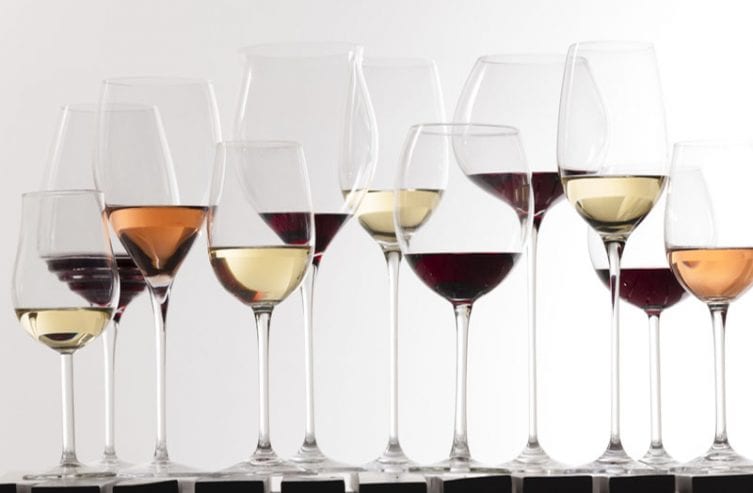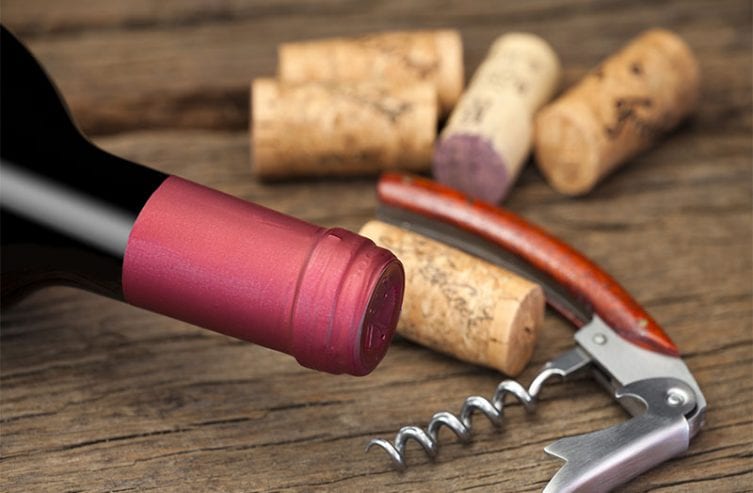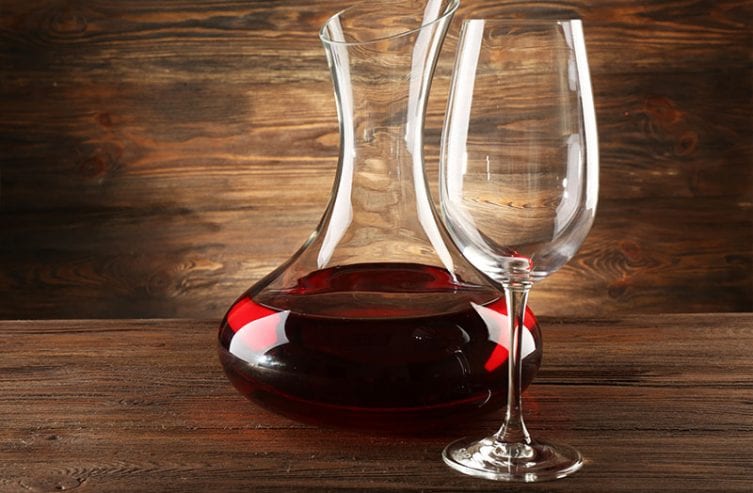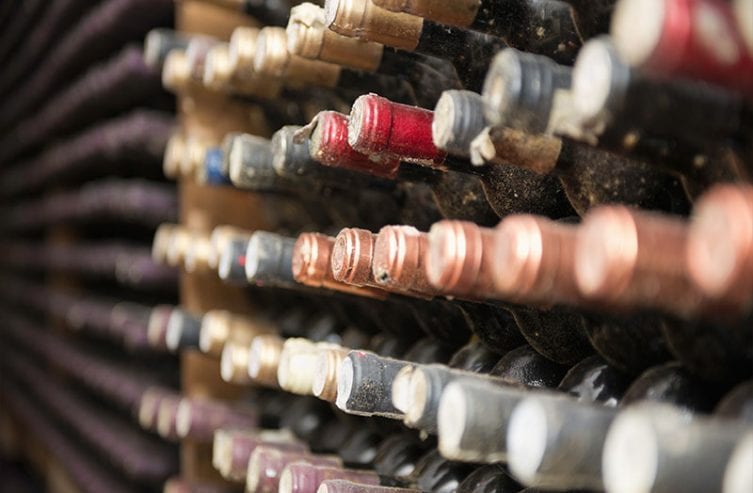
A wealth of accessories and countless gadgets are available that are said to increase the wine lovers’ enjoyment experience, but what accessories do you really need? Liebherr’s master sommelier Frank Kämmer offers some advice.
Anyone who views wine as something more than a pleasantly tasting drink will have given some thought as to how they can derive the utmost enjoyment from this noble juice of the grape. I would say, there are just four things that are particularly important in terms of wine accessory must-haves:
1. Glasses

In a nutshell, good wines require good glasses, so that their quality can be fully presented; and, you find that high quality wine glasses set themselves apart by having a range of attributes. The glass’s volume should always be in reasonable proportion to the wine’s intensity and complexity. The proportions of the glass and its style should be balanced so that, when filled, the wine can be pleasantly swirled. High quality glasses are, in the main, particularly thin-walled and have – especially importantly – a straight, cut lip (as opposed to the rounded over lip of cheaper glasses) so that the wine falls gently onto the tongue. Furthermore, the material itself also influences the enjoyment of a wine: wines served in high quality crystal glasses typically have a clearer and more intense bouquet than if served in simpler, less expensive glasses. A basic set of wine glasses ought to contain four types of glass:
- a smaller-sized universal white wine glass
- a somewhat larger version for more full-bodied white wines, rosé wines or lighter red wines
- a larger tulip-shaped glass for more full-bodied red wines
- a slim tulip-shaped glass for sparkling wines
- you may also wish to supplement this selection with a balloon glass for Burgundy wines
2. A corkscrew

Even the most exquisite wines are not going to be quite so pleasurable if opening the bottle presents a problem. A decent corkscrew is indispensable; yet it is something that many households often fail to own. You absolutely do not need an expensive high-tech device: a straightforward lever corkscrew, known as a ‘waiters friend’, will do the job nicely (they often come as an advertising gift from vineyards or wine merchants). Even professional sommeliers almost always rely on this simple tool. The most important thing is that the screw, which bores into the cork, is wound in an open spiral, such that a cocktail stick could be inserted up through the length of its axis. Only a corkscrew with this particular form will be able to tackle a firmly lodged cork. Typical household corkscrews usually have a screw that is more similar to a drill bit, and these take less of a grip in a cork.
3. A carafe

A carafe isn’t just an attractive addition to your tableware: for high-quality red wines, decanting – carefully pouring the wine into a carafe – is often crucial to obtaining the best taste. There are three reasons for this: Firstly: as a result of the oxygenation that occurs when decanting, a young wine becomes more rounded and ripe, and its astringent tannins are softened. Secondly: more aged red wines sometimes have sediment, the so-called depot, in the bottle. This can be retained in the bottle by careful pouring when decanting. Thirdly: some wines can taste somewhat dull or even fusty shortly after opening; oxygenation can help the wine to develop its bouquet and, in the case of very old wines, allow disruptive elements, such as acetic acid, to evaporate. Furthermore, many characterful white wines will also benefit from being allowed to breathe in a carafe.
4. A cellar

Those who like to enjoy fine wines not only in the short term, but also over a longer period – maybe even in years to come – will need to give some thought to suitable storage. During storage, exposure to temperatures that are too high or variable, vibrations, or intense light can all contribute to rapid deterioration of wine quality. Because of this, bottles should be stored on a kitchen wine rack for no more than a few weeks or, preferably, not at all. In order to enjoy your wines over a longer period, you will need access to storage that offers cool, dark, vibration-free cellar conditions. If you don’t happen to have an actual cellar available, you will need to consider acquiring a specially designed wine storage cabinet, and Liebherr offers a wide range of wine appliances that provide optimum storage conditions.
Find out more about our wine storage cabinets here.
If you enjoyed this post, please share it on Facebook. If you have any questions, please write to us using the comment function below this post.